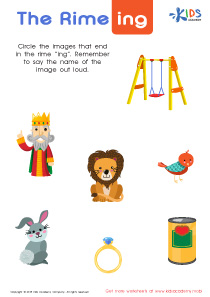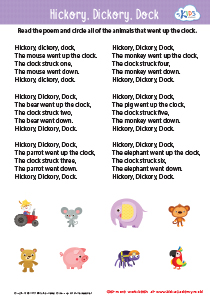Vocabulary enhancement Extra Challenge Building Vocabulary Worksheets for Ages 3-5
5 filtered results
-
From - To
Discover our "Vocabulary Enhancement Extra Challenge Building Vocabulary Worksheets" designed specifically for children ages 3-5. These engaging worksheets provide fun and interactive activities to stimulate language development, helping young learners expand their vocabulary in meaningful ways. Each worksheet emphasizes essential learning skills through games, storytelling prompts, and hands-on exercises. Perfect for parents and educators, these resources foster a love for words and strengthen language comprehension. Encourage your child's confidence in communication while they explore new words, enhance their understanding, and enjoy the journey of language learning in an exciting way. Start building a robust vocabulary foundation today!
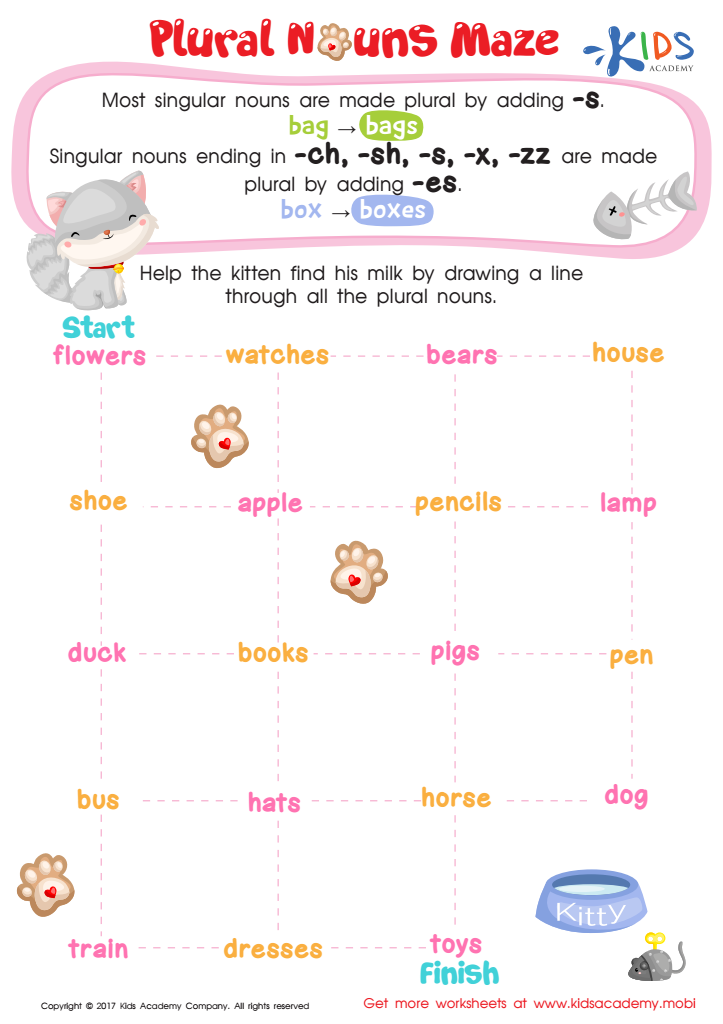

Plural Nouns Maze Worksheet
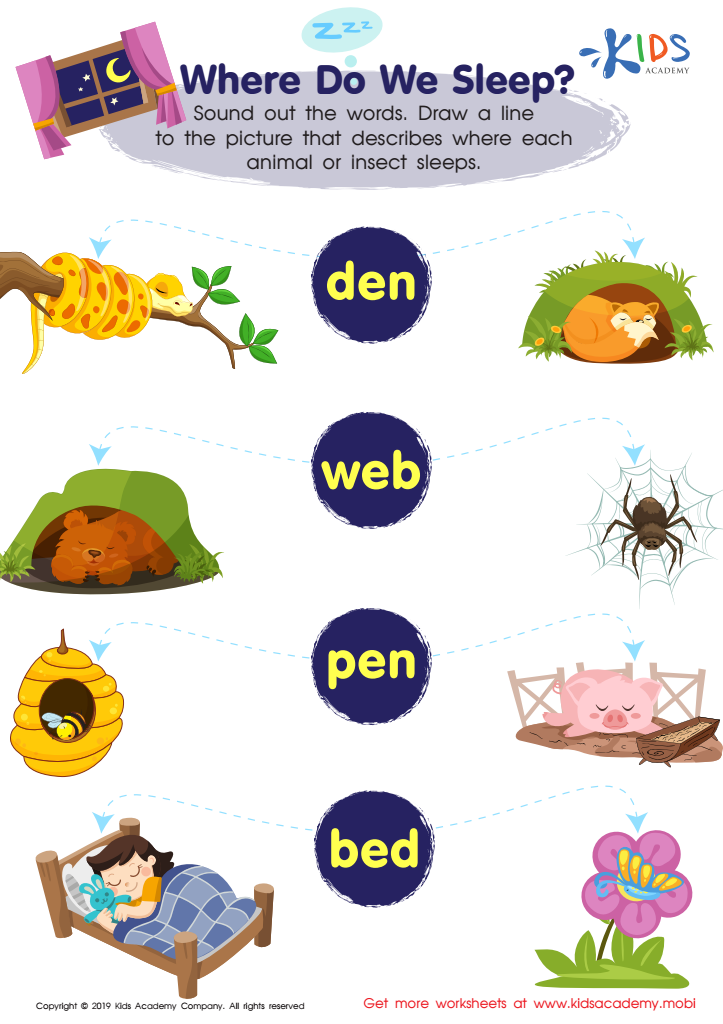

Where Do We Sleep Worksheet
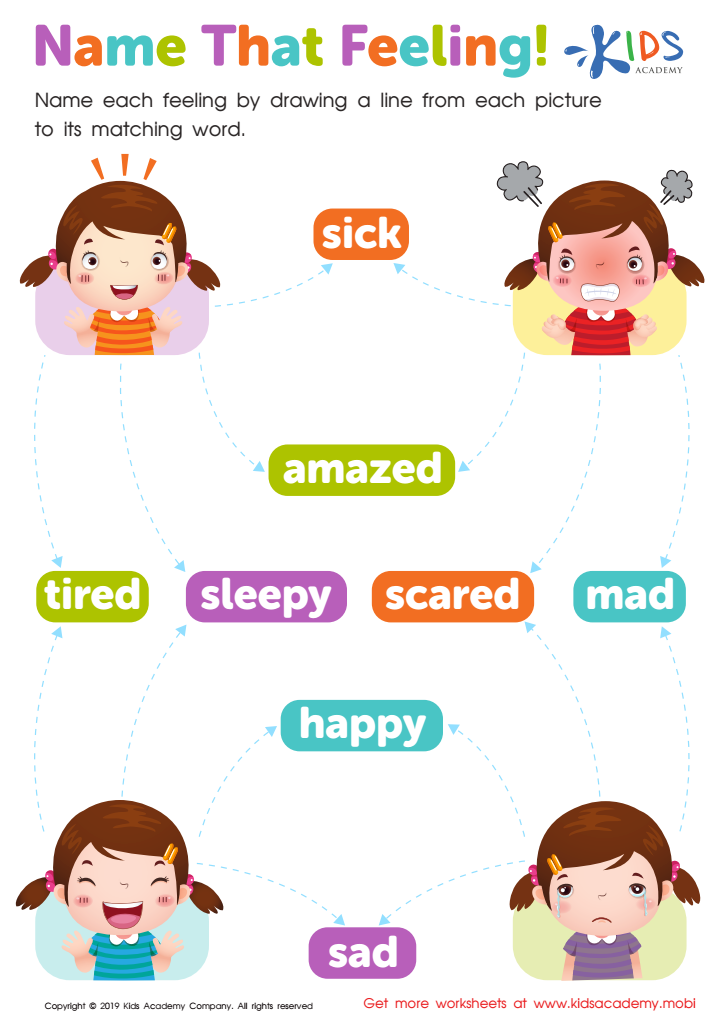

Name that Feeling Worksheet
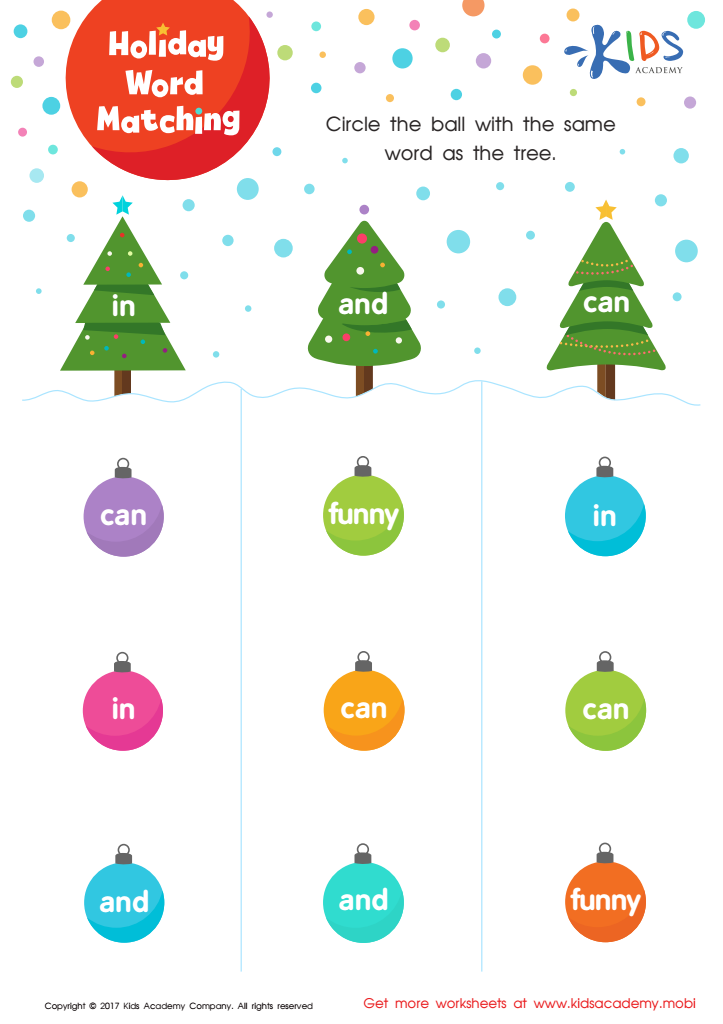

Holiday Word Matching Worksheet
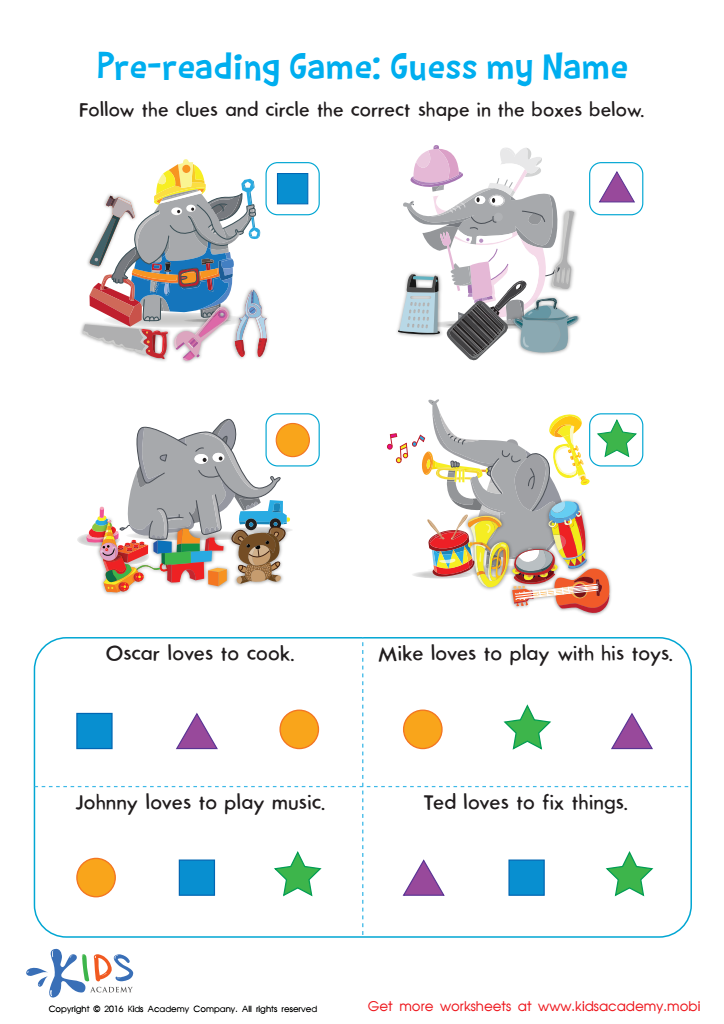

Pre Reading Worksheet Guess My Name
Parents and teachers should prioritize vocabulary enhancement for children aged 3-5 because a strong vocabulary is foundational for literacy and cognitive development. During these formative years, children are like sponges, effortlessly absorbing language through interactions, stories, and play. An enriched vocabulary promotes effective communication, allowing young learners to express their thoughts and emotions clearly and understand others better.
Moreover, enhanced vocabulary correlates with improved academic success later in life. Children who engage in various vocabulary-building activities early on tend to develop better reading comprehension skills, critical thinking abilities, and problem-solving capabilities. Engaging vocabulary challenges, such as rhyming games, themed storytelling, and interactive word arts, not only make learning fun but also stimulate curiosity and a love for language.
Supporting vocabulary growth also has social implications; children with a rich vocabulary can develop stronger relationships with peers, facilitating collaboration and teamwork. By fostering a robust vocabulary, parents and teachers equip children with essential tools for academic achievement and personal expression, paving the way for a lifelong love of learning. In essence, investing time and resources into vocabulary enhancement is investing in children’s future success.

 Assign to My Students
Assign to My Students























